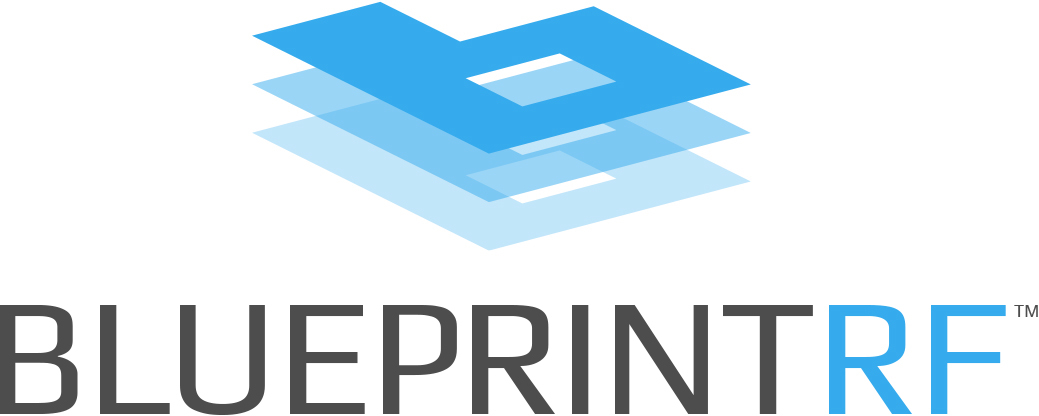Management isn’t easy. Applying good management is even tougher. Mastering management is nearly impossible.
To become the best manager possible, one must constantly analyze themselves, focusing on what’s working and what’s not. Most of the time, managers are the ones in charge — making this level of self-reflection nearly impossible.
Thus, achieving growth in a management position requires self-governing and analysis. Managers must hold themselves to a certain standard, being honest about whether or not they’re hitting certain goals while doing the job correctly. An understanding of both how to turn weaknesses into strengths and how to implement different self-care strategies to handle pressure as a leader is essential.
In the wide-reaching industry of tourism, hospitality, and events, improving management skills is particularly tricky and challenging. This blog will break down the most effective strategic management strategies, and how to apply them within this space.
What Is Strategic Management?
Strategic management is the constant planning, monitoring, analysis, and assessment of an organization’s different departments and how they’re working together.
Questions asked through strategic management include:
- Are goals being hit?
- Is growth happening?
- Where are the weaknesses?
- Are these objectives realistic?
In practice, strategic management is posing and answering these questions in action. Instilling effective strategic management allows organizations to:
- Scrutinize operations
- Focus on and deploy strategies
- Highlight both efficiencies and inefficiencies
- Implement solutions
At its best, and when these practices are actually enacted, strategic management keeps everything moving forward and efficiently.
Strategic Management For Tourism, Hospitality, and Events
You know the saying — work smarter, not harder. That ethos applies across management positions — especially in the industries of tourism, hospitality, and events.
Moreover, strategic management implementation is a way to keep pushing through when business gets tough and the only answer seems to be to give up. Leveraging hotel strategic management helps hospitality workers and managers pinpoint what’s challenging them, and how to overcome them.
Setting “SMART” Goals For Your Business And Staff
In the early ‘80s, a business leader named George T. Doran wrote a paper for an issue of Management Review in which he dubbed the “SMART” method. It takes an obvious but tricky concept regarding management goals and objectives — and details it as a simple and easy-to-remember mnemonic acronym.
The acronym “SMART” breaks down as:
Specific: Target a specific area for improvement.
Measurable: Quantify or at least suggest an indicator of progress.
Assignable: Specify who will do it.
Realistic: State what results can realistically be achieved, given available resources.
Time-Related: Specify when the result(s) can be achieved.
This wide-ranging approach applies to general management skills, but especially works within strategic planning for event management, tourism, and hospitality. Determining how to appropriately apply the SMART method in the hospitality world is a skill in itself, and one that develops with experience. How can your management skills help improve the experience for guests in the tourism, hospitality, or events space?
Introduce this management strategy to your team and it will naturally develop, helping you navigate the constant ebb and flow of the hospitality industry. As SMART goals are achieved, your team will thrive.
Effectively Communicating Strategy, Both Written And Verbal
Business relationships are not very different from personal relationships. Think about the obstacles that come from day-to-day conversations with friends or loved ones — in practice, those same types of challenges can happen with colleagues.
One example of strategic management in the hotel industry to alleviate these hurdles is focusing on effective communication — both written and verbal. Most managers (and people) don’t communicate nearly as well as they think they do.
Understand that the people you manage cannot read minds. They want to do a good job, but can’t if they feel like they’re playing a guessing game in regards to expectations.
Clear verbal and written communication will illustrate exactly what a manager wants and needs, and provide exact benchmarks against which success can be measured. This clarity equips all parties involved with the ability to hit their objectives.
This strategy is especially important for strategic management in tourism. So much of the tourism industry revolves around communicating with visitors — if your team can’t clearly communicate with each other, that lack of communication will also translate to guests.
Maintaining Flexibility And Adaptability For Strategic Outcomes
There are many challenges in the tourism, hospitality, and events industry — and overcoming the challenges effectively is a vital key to finding success. Given the industry’s hectic and unpredictable nature, managers need to be flexible and adaptable.
Of course, not every situation is the same, and an effective manager understands that. By maintaining the strategic management skill of flexibility and adaptability, managers can navigate situations appropriately, smartly taking skills learned in previous settings and applying them to the new situation.
Without understanding that decision-making is situational, it’s easy to force approaches that may not work — or even worse, could be the cause of more delays or obstacles. This doesn’t mean that managers should bend over backward to cater to situations: they should use their discretion on when to apply pressure, or when to be patient.
Take, for example, approaching an unhappy guest. Are they angry, or just upset? How major an inconvenience are they dealing with? Can you directly fix the problem? It is essential to ask these questions and change decision-making based on answers to these questions.
Pushing Staff To Achieve While Maintaining A Culture Of Wellness
What’s the right amount of pressure to put on a team? It’s a delicate line to walk, but when done correctly it can unlock potential. This process is not easy — and sometimes managers in the tourism, hospitality, and events industry will face resistance from the teams they handle, even though they’re just trying to achieve the best result.
Wellness management comes down to nuance. Smart managers know the difference between pushing too much and just the right amount. This understanding comes not only from experience, but from listening to intuition.
Hospitality professionals face constant stressors — meeting guest expectations is no small task. As such, it’s especially important for managers in hospitality to check in with their workers and see if they need a break from guests.
Find harmony. Employees who are managed well will perform better at their jobs, and therefore improve the overall productivity of the business.
Improve Strategic Management Skills and Elevate Business in the Tourism, Hospitality, and Events Space
Implementing strategic management skills for tourism, hospitality, and events is the most effective way to train a manager’s brain; to succeed, they need to listen to instincts, adapt, and move forward. Employees want to be respected and trusted. Managers who provide that respect and trust to their team will be listened to, getting the most success out of their business — and that is the ultimate goal of strategic hotel management.
Want more tips for effective management? Visit our blog for our full library of posts about effective management strategies.









